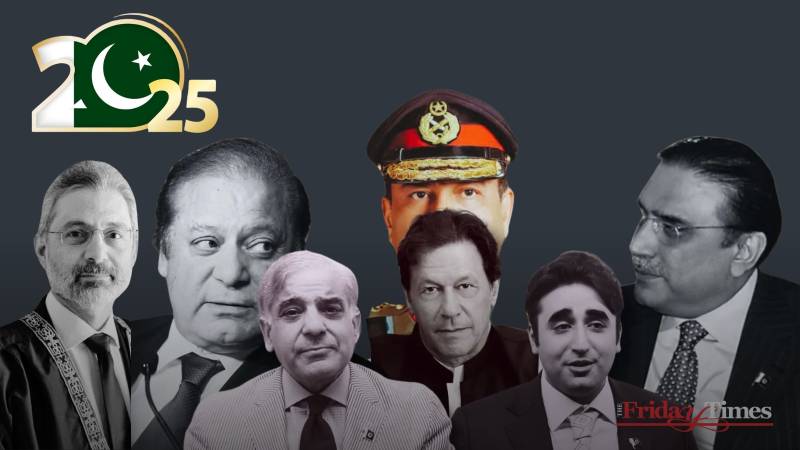
It can be said without an iota of doubt or uncertainty that the year gone by - 2024 - was perhaps the toughest for all Pakistanis - regardless of their financial standing and background. This was the year that electricity bills of just about everyone went through the proverbial roof - and that no one was left untouched by this - not even the richest of Pakistanis. And if the richest of Pakistanis were affected by this then one can only imagine how those who are poor and from a low-income background were being hit.
This was the year in which even middle-income Pakistanis were being hit hard by the electricity bill, which rivaled and in many cases dwarfed other necessary expenses such as rent and/or food. The result was a sharp rise in poverty levels with over 40% of the country's population living below the poverty line (as defined by the World Bank). The World Bank has also said that this proportion of 2 in every 5 Pakistanis is likely to stay around this level till at least 2026.
Even those who are not living in poverty have been hit hard - by the highest increase in income tax in Pakistan's history with the rate for the highest income slab now 35%. This sharp rise in income tax means that disposable incomes fall and this translates into reduced demand for goods and services. That in turn causes a slowing down of the rate of economic growth, and that explains to a large extent the rise in poverty levels. The sharp rise in electricity and energy prices in 2024 is another factor for this, given that the cost of electricity measures in cost per kilowatt hour is the highest in Pakistan and more than twice as much as in most other regional countries and countries its economic size. Towards the end of the year, there has been a much-hyped reduction in the rate of inflation and claims made by the government that it is the lowest in several years. However, perception is reality and the perception among most Pakistanis remains that inflation is still very much a fact of life and has greatly eroded the purchasing power of their incomes.
Social media also became a battleground where those holding opposite worldviews and political sympathies squared off against each other
Economic matters affect just about every Pakistanis and in 2024 their adverse effect on people's quality of life was hard to escape. Moving on, in the political arena, the year, as expected was characterised by a still ongoing tussle between the followers of Imran Khan and the KP government on one side, and the federal government led by the PMLN on the other. Islamabad saw many protests throughout the year and they all ended up paralysing the city and severely hampering residents from going on about their daily lives. The tussle happened somewhat on the street but more often in the country's courts, where some judges thought to be sympathetic to the former prime minister were seen to be continuing to favour him, while on the other side, judges thought to be more inclined towards the government's and establishment's view were deemed to be giving judgments that weren't favouring Imran Khan or his party. In other words, the polarisation seen in the country and in particular in Pakistani society continued and was evident in no place better than on social and digital media.
With the country seeing a continuous rapid rise in the use of smartphones - powered by increasing use of broadband internet and a growing young population, social media also became a battleground where those holding opposite worldviews and political sympathies squared off against each other. In 2024, the curbs on the use of the Internet and in particular on social media grew considerably - Twitter/X remains blocked in Pakistan since February 2024 and there is a move also to strongly regulate the use of VPNs.
As the new year 2025 dawns on them, many Pakistanis would be hoping for one particular thing the most: that the price of electricity comes down and their massive electricity bills reduce in size. However, the government's promise that it would do this has yet to materialise and the reworking of contracts with independent power producers in an effect to lower the payments made to them and hence the cost of electricity has yet to translate into cheaper electricity.
Add to this the fact that the political uncertainty that shrouded much of 2024 in terms of whether Imran Khan would be released, and if so when, and if he is released what will happen to the existing political order, all will carry over into 2025 as well.
So many would ask - and perhaps justifiably so - that what is there to look forward to in the New Year.

